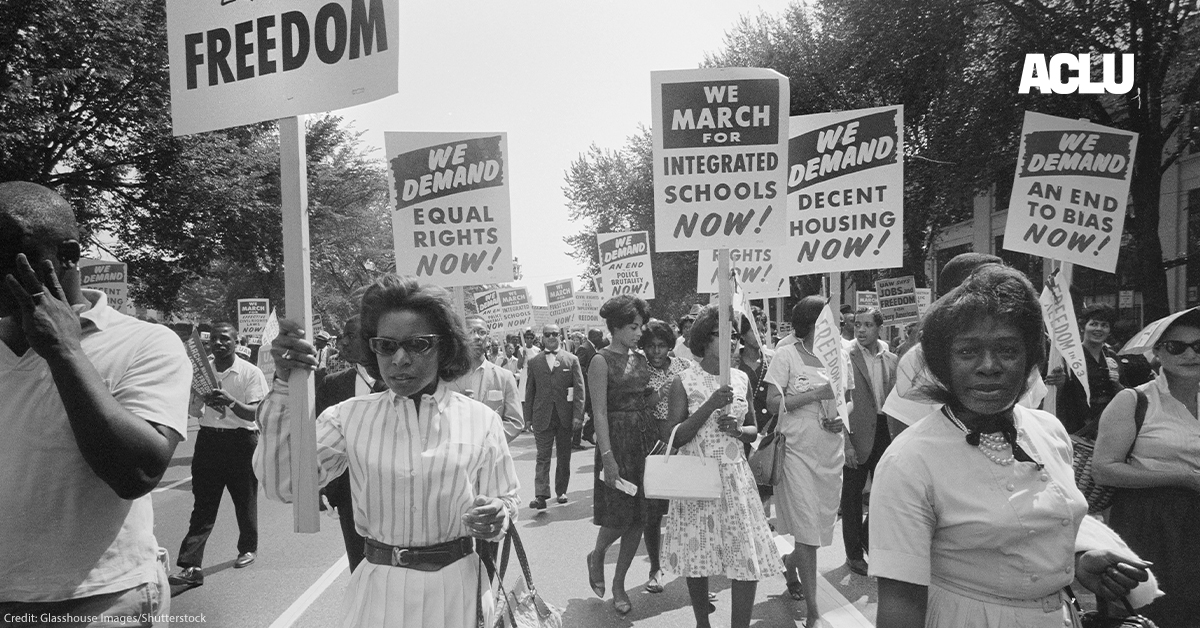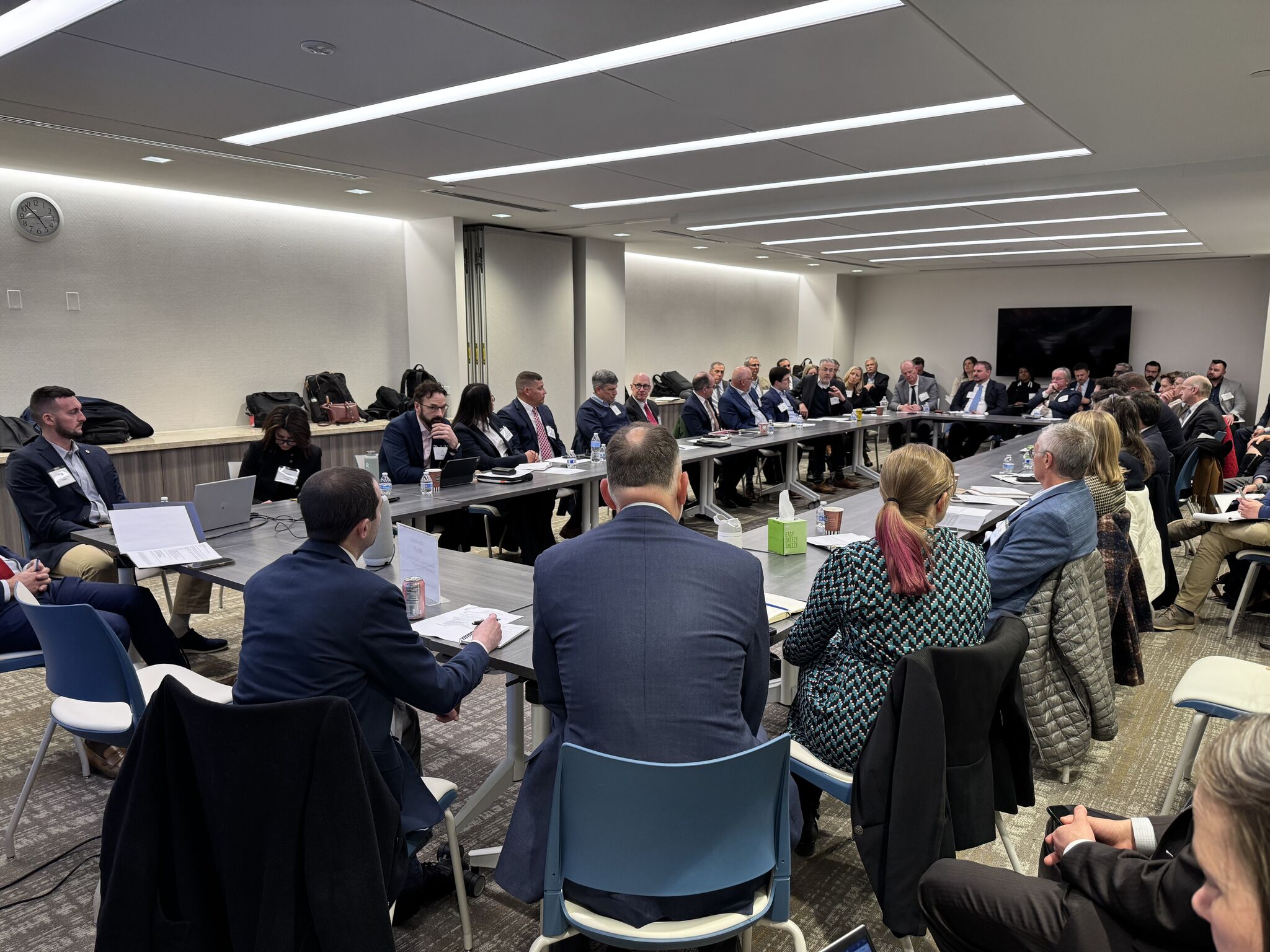American Infrastructure Partners’ CEO Makes the Case for Using Private Funding To Fix ‘America’s Crumbling Roa

With 178 million trips taken daily across structurally deficient bridges in the United States, and 42% of the nation’s bridges now at least 50 years old, America faces an unprecedented infrastructure crisis. The American Society of Civil Engineers estimates a $125 billion bridge repair backlog nationwide, while the Federal Highway Administration projects a staggering $198 billion backlog in needed repairs and improvements to rural roads, highways, and bridges across the country.
In a recent op-ed, American Infrastructure Partners CEO Bob Hellman argues that private capital could offer a solution to this mounting crisis. With traditional funding mechanisms falling short and the federal Highway Trust Fund perpetually near insolvency, Hellman contends that the $4.5 trillion in private infrastructure funds under management could help address America’s critical infrastructure needs.
Hellman points to a track record of public infrastructure projects plagued by delays and cost overruns. Boston’s Big Dig, for example, came in 600% over budget, while California’s high-speed rail project is currently tracking at least 300% over initial estimates.
“Our present infrastructure isn’t going to hold up to the demands of modern society without taking dramatic action,” Hellman warned. “We need governmental leaders — at every level — who are willing to tell citizens the truth: The money doesn’t exist for these repairs, and time is running out to get them done. Waiting for the next bridge collapse to respond is not a sign of good government decision-making or leadership.
“The scale of the problem is simply too big for the government to handle on its own.”
American Infrastructure Partners’ Solution
The urgency of finding alternative funding sources is underscored by recent data from the American Society of Civil Engineers’ Infrastructure Report Card. The report reveals that 46,154 bridges, or 7.5% of the nation’s total, are currently rated as “structurally deficient.” While this represents an improvement from 12.1% a decade ago, the pace of repair has slowed dramatically to just 0.1% annually in recent years. At current rates, it would take until 2071 to address all necessary bridge repairs.
Private infrastructure funding offers a potential solution to accelerate this timeline. Recent projects by United Bridge Partners, an affiliate of American Infrastructure Partners demonstrate how private capital can expedite critical infrastructure improvements while delivering additional community benefits.
The company recently completed work on the South Norfolk Jordan Bridge project in Chesapeake, Virginia. When the original 1928 bridge faced mounting structural issues in 2008, the city confronted repair costs of $17 million and replacement costs exceeding $200 million — far beyond available municipal funds. United Bridge Partners stepped in with a private financing solution, investing $143 million to construct a new bridge while also catalyzing broader community development through the revitalization of Elizabeth River Park. The project enabled the City of Chesapeake to invest $4.3 million in renovating and expanding the 12.6-acre park, creating valuable community space while improving critical infrastructure.
Similarly, the Houbolt Road Extension project in Illinois showcases how private infrastructure investment can address multiple challenges simultaneously. The project, developed through a partnership between American Infrastructure Partners, United Bridge Partners, and CenterPoint Properties, has improved transportation efficiency while delivering significant environmental benefits. The new bridge has reduced annual CO2 emissions by 240.5 metric tons and nitrogen oxide emissions by 1.9 tons, while cutting truck idle time by approximately 20,540 hours per year.
These projects support Hellman’s argument that private infrastructure funding offers distinct advantages over traditional public financing.
“Private infrastructure brings together deep-pocketed investors and those with the know-how to build projects on time and on budget,” he noted.
“Passing the cost and the risk entirely over to private infrastructure groups means that these groups are incentivized to get the project up and running faster. Every day that a highway remains under construction, or a power plant is not completed, is one more day that their investors aren’t making a return.”
A Need for ‘Alacrity and Speed’
The need for such efficient project delivery is particularly acute given current infrastructure conditions. The American Society of Civil Engineers reports that nearly 231,000 bridges across all 50 states require repair or preservation work. The Infrastructure Investment and Jobs Act, signed into law in 2021, has allocated $40 billion over five years specifically for bridge projects, but this addresses only a fraction of the estimated $319 billion required for comprehensive bridge repairs across the United States.
The current funding gap is especially pronounced in rural areas, where 8% of bridges are rated as poor/structurally deficient, representing 33,438 structures and accounting for 79% of all poor/structurally deficient bridges in the country. Traditional funding mechanisms have struggled to address these needs — the federal motor fuels tax, which provides primary funding for the Highway Trust Fund, has remained unchanged since 1993.
Hellman argues that private infrastructure funding can help bridge this gap while avoiding many of the inefficiencies that plague government-led projects. Private infrastructure groups can act with “the same alacrity and speed as a private business,” he wrote, while utilizing the same contractors and labor force as government projects but without the delays and cost escalations associated with multiple levels of bureaucratic oversight.
“Private infrastructure is unencumbered by many of the structures governments have put on themselves,” he pointed out.
With public funding constraints likely to persist and the backlog of needed repairs growing, the private infrastructure funding model championed by Hellman and demonstrated through American Infrastructure Partners’ projects could offer a viable path forward for addressing America’s infrastructure crisis.
The evidence suggests that achieving the necessary scale and speed of infrastructure improvement will require a combination of traditional public funding and private capital investment.
As Hellman concluded, “Citizens should have the ability to hear about these hard truths and make informed decisions about the future of their infrastructure — whether they opt to use private infrastructure funds or not.”
Related
How SenseiNode Is Building Proof-of-Stake Infrastructure in Latin America
A lot of attention is paid to the decentralization of the Bitcoin network.Bitcoin miners should set up shop in a number of different jurisdictions in order to p
The Infrastructure of Racial Justice Is Under Attack. We Must…
President Donald Trump began February with a proclamation that Black History Month offered “an occasion to celebrate the contributions of so many Black Am
Bomb threat found “non-credible”: American Airlines after Delhi-bound flight diverted…
American Airlines has said that the "bomb threat on board", due to whi
Big infrastructure investment plans take shape in America
Amtrak and dozens of major industry partners representing construction, manufacturing, rail supply, engineering, and other sectors convened for an industr













